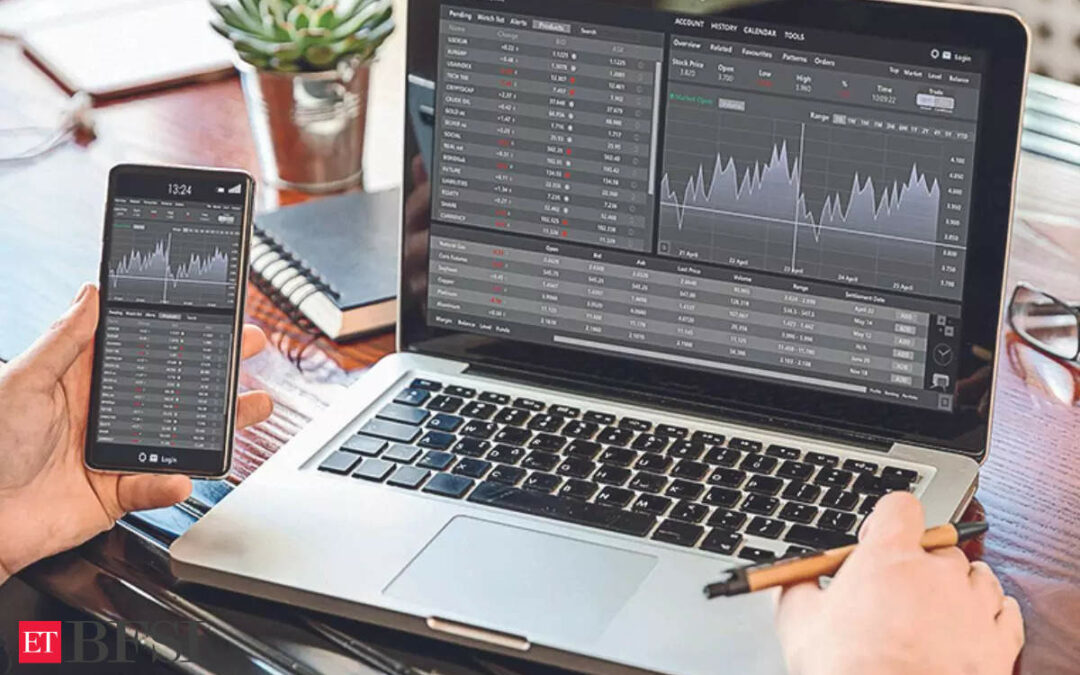The India Volatility Index (VIX) spiked over 60% on Monday, marking its largest increase since 2015 and reflecting the intensifying market sell-off in line with global trends.
The India VIX has crossed levels of 23 with a significant jump of 61.7% on Monday.
Indian equity markets saw a sharp correction as fears of a potential US recession drove investors away from risk assets. The Sensex declined by 2,600 points, while the Nifty slipped below the 24,000 level in early trade, weighed down by heavy selling in blue-chip stocks.
Fears of a US recession intensified after data released post-market hours on Friday showed that job growth in July slowed more than expected.
The Labor Department reported that non-farm payrolls increased by just 114,000 jobs last month, falling short of the 175,000 expected and well below the 200,000 jobs needed to keep pace with population growth. The unemployment rate also rose to 4.3%, nearing a three-year high.
The sell-off on Monday is also being led by Asian markets with the Nikkei 225 index declining over 13.5% after the Bank of Japan (BoJ) raised interest rates to 0.25% and reduced bond purchases. The yen appreciated and forced investors to unwind their positions to avoid losses. This is leading to a selloff in US tech stocks and affecting global markets, including Asia.
“The rally in the global stock markets has been driven mainly by consensus expectations of a soft landing for the US economy. This expectation is now under threat with the fall in US job creation in July and the sharp rise in US unemployment rate to 4.3%,” said Dr. V K Vijayakumar of Geojit Financial.
Geopolitical tensions also weighed on market sentiment as concerns grew over potential attacks on Israel from Iran and its regional allies.
According to media reports, U.S. Secretary of State Antony Blinken has warned G7 counterparts that an attack by Iran and Hezbollah against Israel could begin as early as Monday. In response, the Times of Israel reported that the Benjamin Netanyahu-led government might authorise a preemptive strike on Iran to prevent an attack on Israeli soil.
Rising tensions in the oil-rich Middle East could drive fuel prices higher if the conflict escalates and disrupts global supplies, further fueling inflation.
As of 11:58 am, the India VIX remained elevated, 50% higher at 21.48.
(Disclaimer: Recommendations, suggestions, views and opinions given by the experts are their own. These do not represent the views of the Economic Times)










